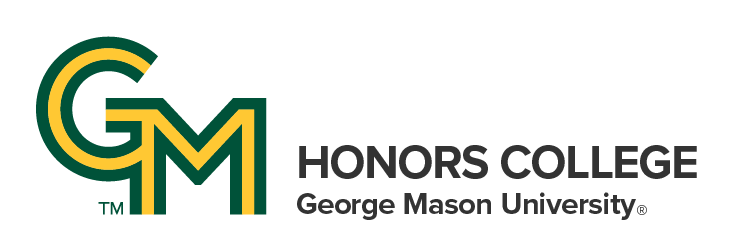As a high school senior deciding where to continue her education, Sameen Yusuf was visiting George Mason University when she ran into Andy Hoefer, assistant dean of the Honors College.
“I was blown away completely,” Hoefer recalled. “She was a real STEM student, a real engineer who also had interests in the policy elements of the problems she wants to address.”
Yusuf, who as a University Scholar receives four years of paid tuition, stayed true to her commitment to engineering and public health.
The junior bioengineering major, with an Office of Scholarship, Creative Activities, and Research grant, has traveled to Nicaragua and Nepal with the organization Engineering World Health to help hospitals in underprivileged areas repair their equipment. She developed a low-cost analyzer that measures oxygen concentration in neonatal incubators—an important device because too much or too little oxygen can harm premature infants.
“Being at Mason really developed my support network,” said Yusuf, whose family came to the United Sates from Pakistan when she was 2 years old. “Everyone who has worked with me from my freshman year has supported me in finding what I really cared about.”
To reduce costs in constructing her oxygen analyzer, Yusuf powers the mechanism with hearing aid batteries (17 cents each in some U.S. stores). A microcontroller board measures the voltage, which spikes or dips depending on the amount of oxygen to which the battery is exposed. Yusuf wrote the software that reads the output and displays it on an LCD screen.
“She didn’t come up with the idea [of using hearing aid batteries], but she ran with it,” said Nathalia Peixoto, an associate professor of electrical and computer engineering at Mason. “She did not tweak it a little, she tweaked it a lot. I didn’t know she could make an oxygen measurement device for less than $5. Now she can.”
The price point is key if the device is to be used in underprivileged areas. Yusuf, who plans to pursue a master’s degree in engineering or public health, hopes to work for a nonprofit that develops low-cost diagnostic devices.
“It’s really developed my engineering skills,” she said of her trips to Nicaragua and Nepal. “It made me think about, when designing a device, what materials am I going to use? Are these materials accessible in the developing world?”
Yusuf also co-founded the Mason branch of MedX, a student organization that raises awareness about global health issues. On April 9-10, the group hosted students at a two-day model World Health Organization Conference to produce resolutions addressing refugee health.
“It’s not going to get you a TED talk, but the impact you have is what matters,” she said.
